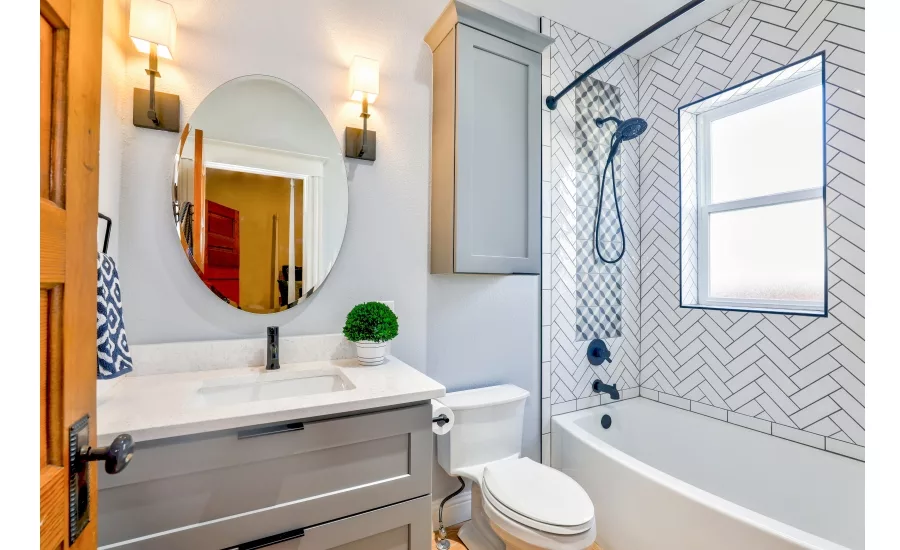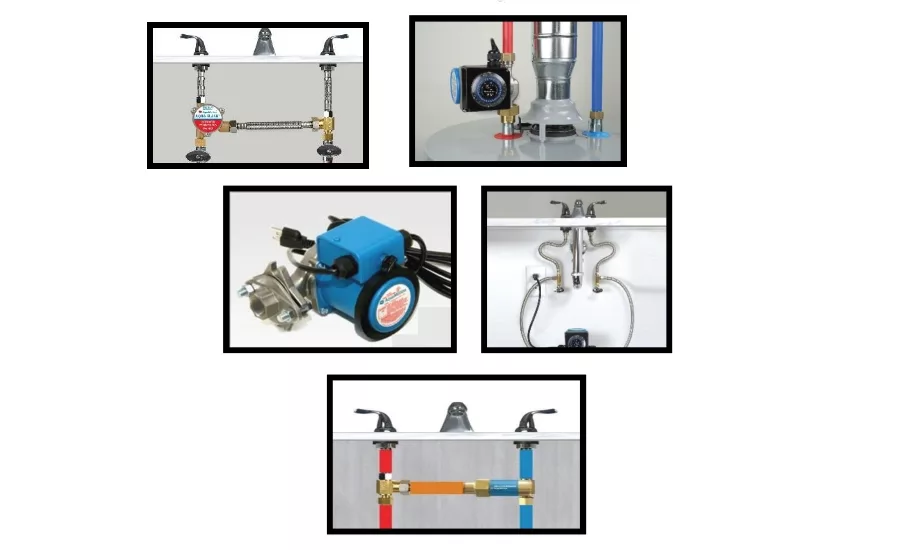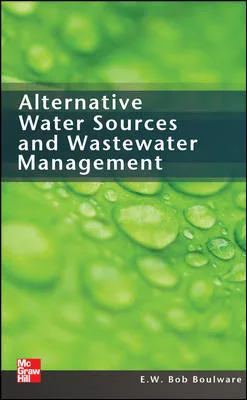Hot water recirculation: An investment for homeowners and businesses
Hot water recirculation systems can pay for themselves.

The benefits of hot water recirculation include: hot water comfort; no more cold showers; no more waiting for hot water; saving money on water, utility and sewer bills; saving precious water resources; and preventing the freezing of pipes. Photo by Christa Grover from Pexels

Several manufacturers offer recirculation kits. AquaMotion has a complete product offering for every application with patented and award-winning products. Photo courtesy: AquaMotion
For a $200 to $400 investment, a homeowner or business owner can save between $844 to $1,344 over 10 years in water savings alone. Energy and utility savings present even more savings. At the same time, users can enjoy hot water comfort at every faucet without the wait.
The return on investment can be better than the stock market, without the risk.
What is hot water recirculation?
Hot water in the supply pipe cools when no one draws hot water. Hot water recirculation saves lukewarm water from being dumped down the drain while waiting for hot water. A pump with built-in timer, sensor, switch, hoses and tees installed under the sink transfers the lukewarm water automatically into the cold-water pipe.
Another method is to have a bypass valve under the sink maintain 90° F at the faucets with a timer or call button during the time when hot water is desired. There are more options for dedicated return lines and outdoor pumps.
The benefits of hot water recirculation include: hot water comfort; no more cold showers; no more waiting for hot water; saving money on water, utility and sewer bills; saving precious water resources; and preventing the freezing of pipes.
The problem, expense and solution
When a person has to wait for hot water, a home or business is paying for the wasted energy, water and the sewage fees.
A U.S. Government study states the average home with four taps wastes 7,500 to 12,000 gallons of water, while homes with five taps result in 15,000 gallons wasted. There are 127 million households in the U.S. If they waste approximately 12,000 gallons of water on average per household, it equals 1,524,000,000,000 gallons annually — that is 1 trillion, 524 billion gallons of precious drinking water.
The cost of wasted water in three years — at 100 gallons of use per person per day — is $253, after 10 years, it is $844. At 150 gallon use, it costs $403 in three years, and $1,344 in 10 years. Energy, utility cost and sewer fees are not included in those figures.
A recirculation system sells anywhere from $199 to $425. Therefore, a recirculation investment offers a quick payback in one to three years.
Potable water is an essential resource and is in short supply in many dry areas and large population centers. Everyone should help reduce the water shortage.
"This article was originally posted on www.reevesjournal.com."
Looking for a reprint of this article?
From high-res PDFs to custom plaques, order your copy today!








